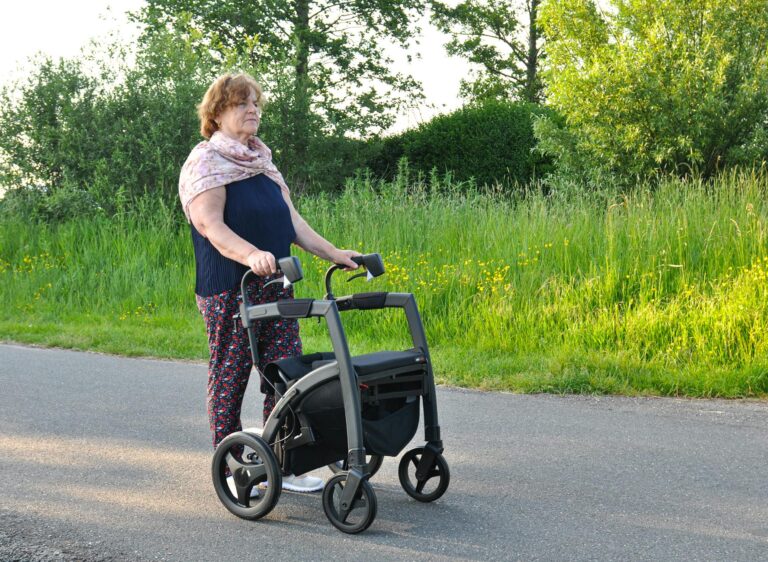Alzheimer’s disease is a progressive brain disorder that affects a person’s memory, thinking, and behavior. As the disease progresses, it can make simple daily tasks, like washing genitals, increasingly difficult for individuals with Alzheimer’s. As a caregiver or loved one of someone with Alzheimer’s, it may be challenging to know how to help them with this intimate task. In this article, we will discuss some tips and techniques on how to help a person with Alzheimer’s wash their genitals in a simple and easy-to-understand way.
Understanding Alzheimer’s and its effects on personal care
Before we dive into the practical tips, it is crucial to understand how Alzheimer’s affects a person’s ability to perform personal care tasks. Alzheimer’s is a degenerative disease that affects the brain’s ability to function correctly. As the disease progresses, it can impact a person’s cognitive abilities, including their judgment and reasoning skills. This decline in cognitive function can make it challenging for individuals with Alzheimer’s to understand and perform personal care tasks.
Additionally, people with Alzheimer’s may experience changes in behavior or mood, which can make them resistant to being helped with personal care tasks such as washing their genitals. It is essential to approach these tasks with patience, understanding, and compassion.
Tips for helping a person with Alzheimer’s wash their genitals
1. Set the right environment
Creating a comfortable and familiar environment can make a significant difference in helping a person with Alzheimer’s perform personal care tasks. Try to choose a warm and quiet area where the person feels safe and relaxed. You can also play calming music or use scented candles to create a soothing atmosphere.
2. Be sensitive and respectful
Helping someone with Alzheimer’s wash their genitals requires sensitivity and respect. It is essential to remember that the person may feel embarrassed or uncomfortable about being assisted with such an intimate task. Always communicate what you are doing and why, and give them time to adjust to the situation.
3. Use simple and clear instructions
People with Alzheimer’s may struggle with complex or multi-step instructions. When helping them wash their genitals, use simple and clear instructions. You can also use visual cues or gestures to assist with understanding.
4. Involve the person in the process
Allowing the person to be involved in the process can give them a sense of control and independence. You can ask them to hold a washcloth or to help you with tasks that they can manage, such as washing their arms or legs. This involvement can also help them feel less anxious or resistant to being assisted.
5. Use gentle and reassuring touch
Some individuals with Alzheimer’s may become agitated or resistant when touched by someone else. In these situations, it is crucial to use gentle and reassuring touch to help them feel more at ease. You can start by placing a hand on their shoulder or arm and speak softly and calmly.
6. Use warm water and mild soap
When washing genitals, it is important to use warm water and mild soap to avoid any irritation or discomfort. Make sure the water is not too hot, and the soap is gentle and free of any strong scents.
7. Use appropriate hygiene products
Some individuals with Alzheimer’s may have difficulty using toilet paper or wipes to clean themselves after using the bathroom. In these situations, it may be helpful to use adult wipes or a peri-bottle with warm water to ensure proper hygiene.
8. Be flexible and patient
It is essential to remember that every person with Alzheimer’s is unique, and what works for one person may not work for another. Be flexible and patient in your approach and be prepared to try different techniques until you find one that works best for the person you are caring for.
9. Seek professional help if needed
If you find that helping a person with Alzheimer’s wash their genitals is becoming increasingly difficult or stressful, do not hesitate to seek professional help. A healthcare provider or a specialized caregiver can provide guidance and support in managing personal care tasks for someone with Alzheimer’s.
In conclusion, helping a person with Alzheimer’s wash their genitals may seem like a daunting task, but with patience, understanding, and the right approach, it can be done effectively and respectfully. Remember to create a comfortable environment, use simple instructions, involve the person in the process, and be sensitive to their needs and feelings. With these tips, you can help maintain proper hygiene and preserve the person’s dignity and independence.





